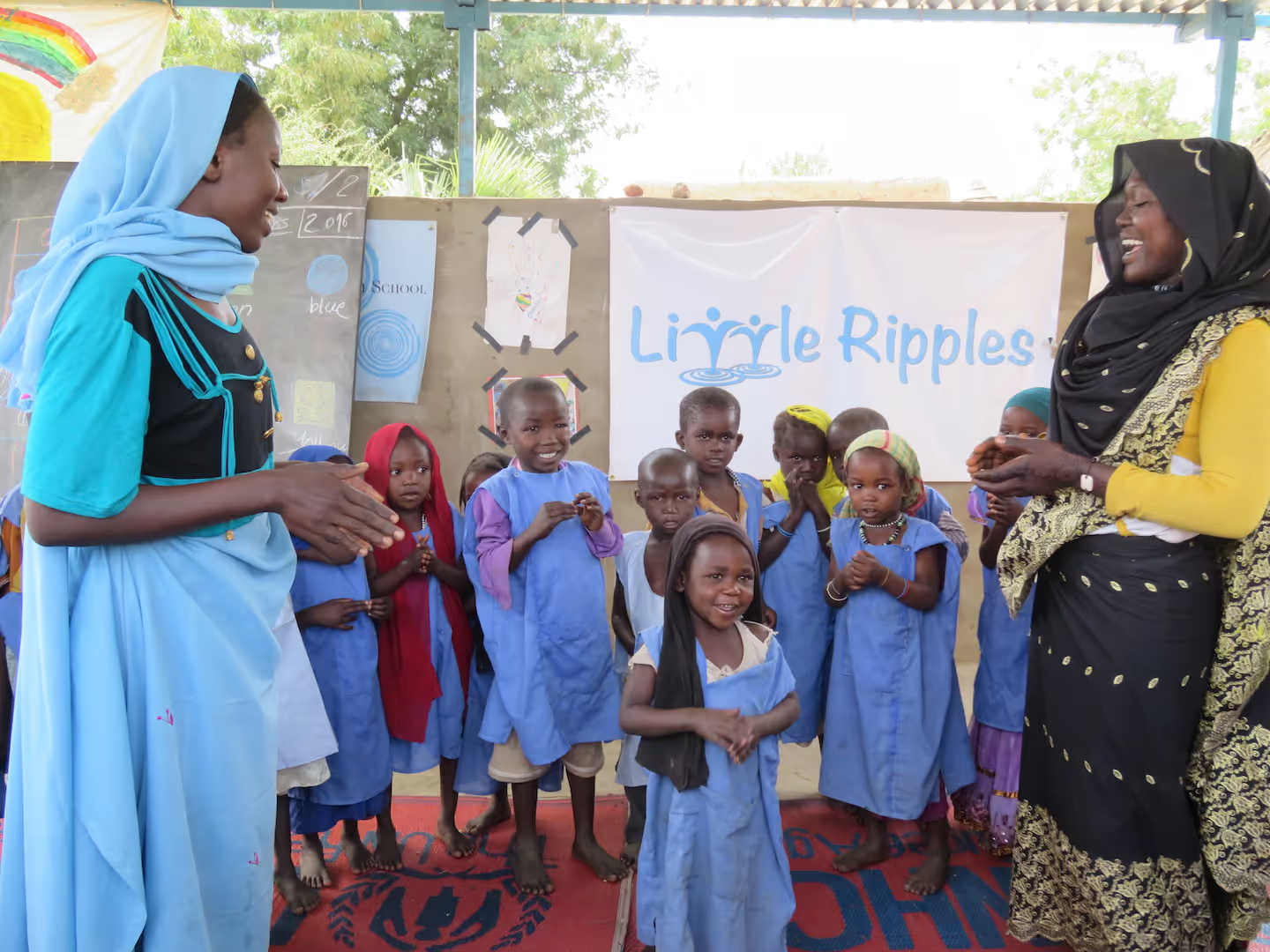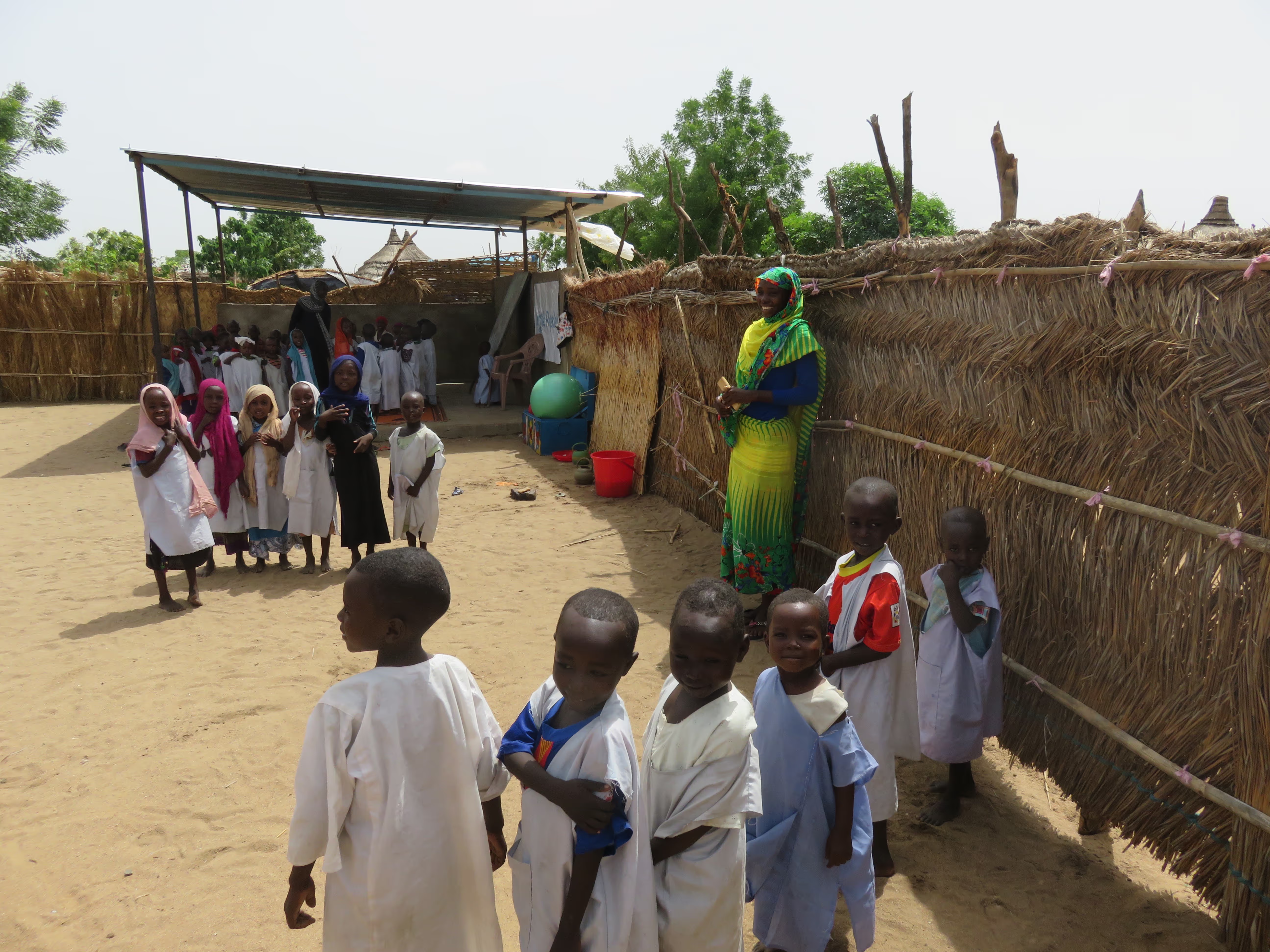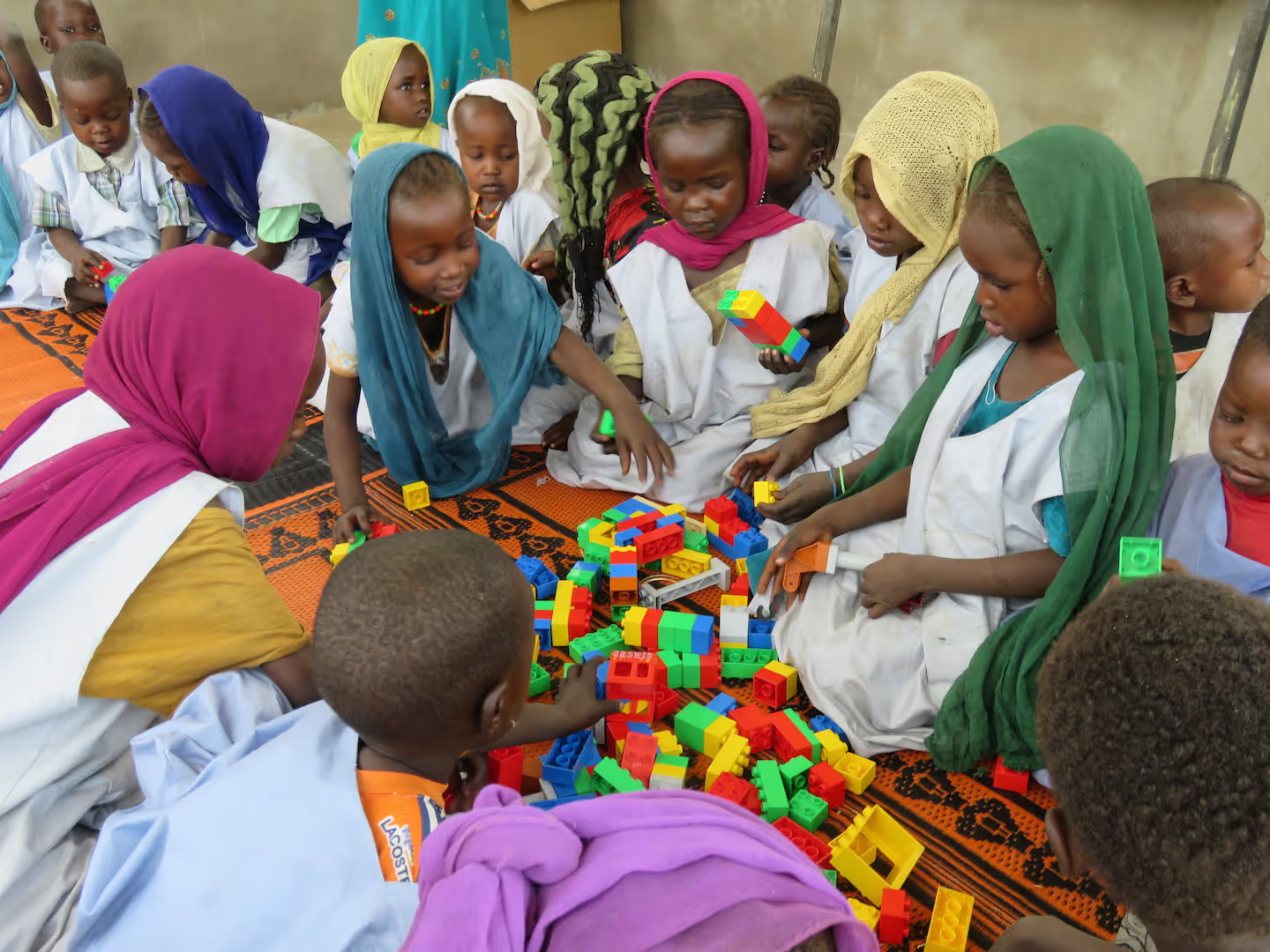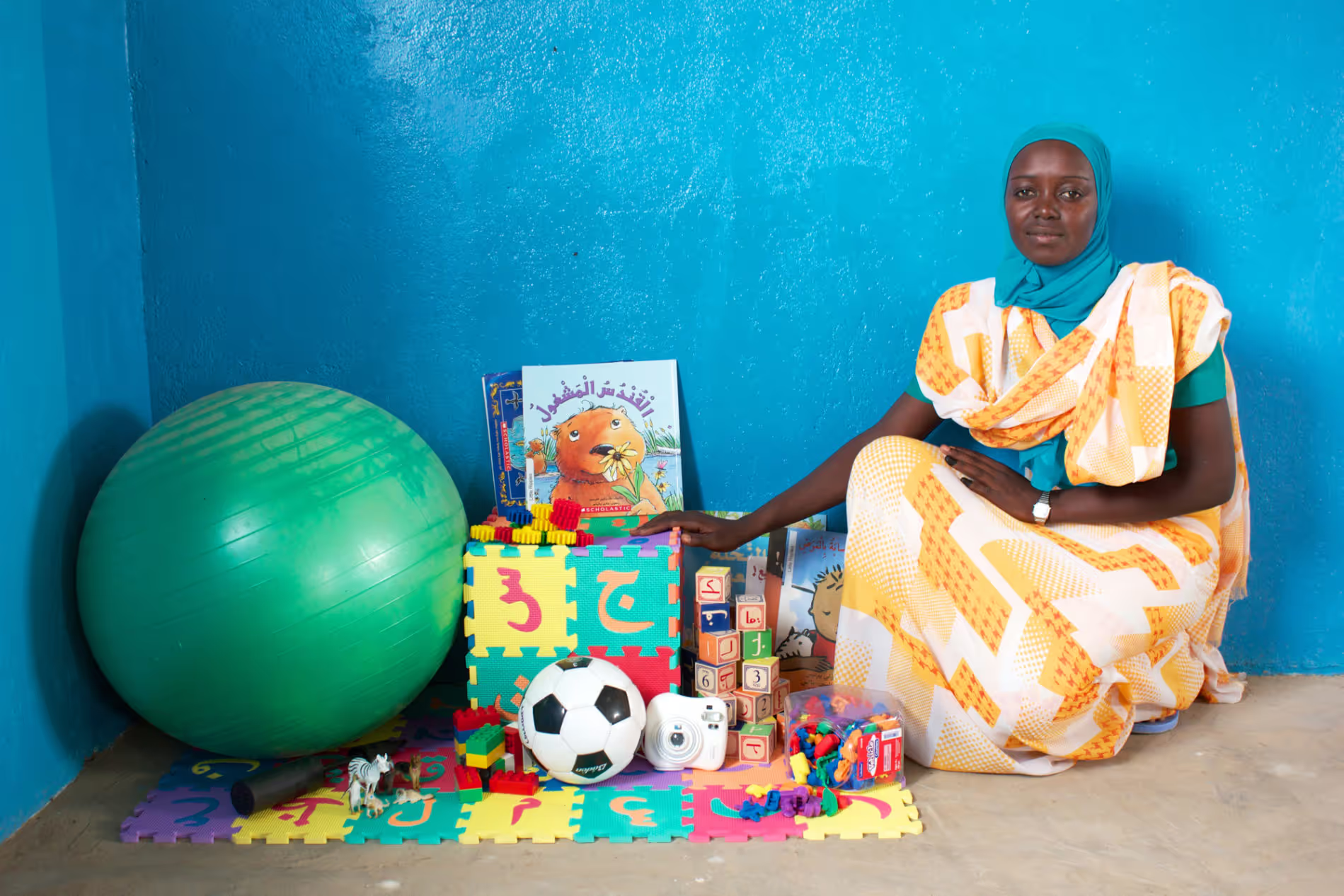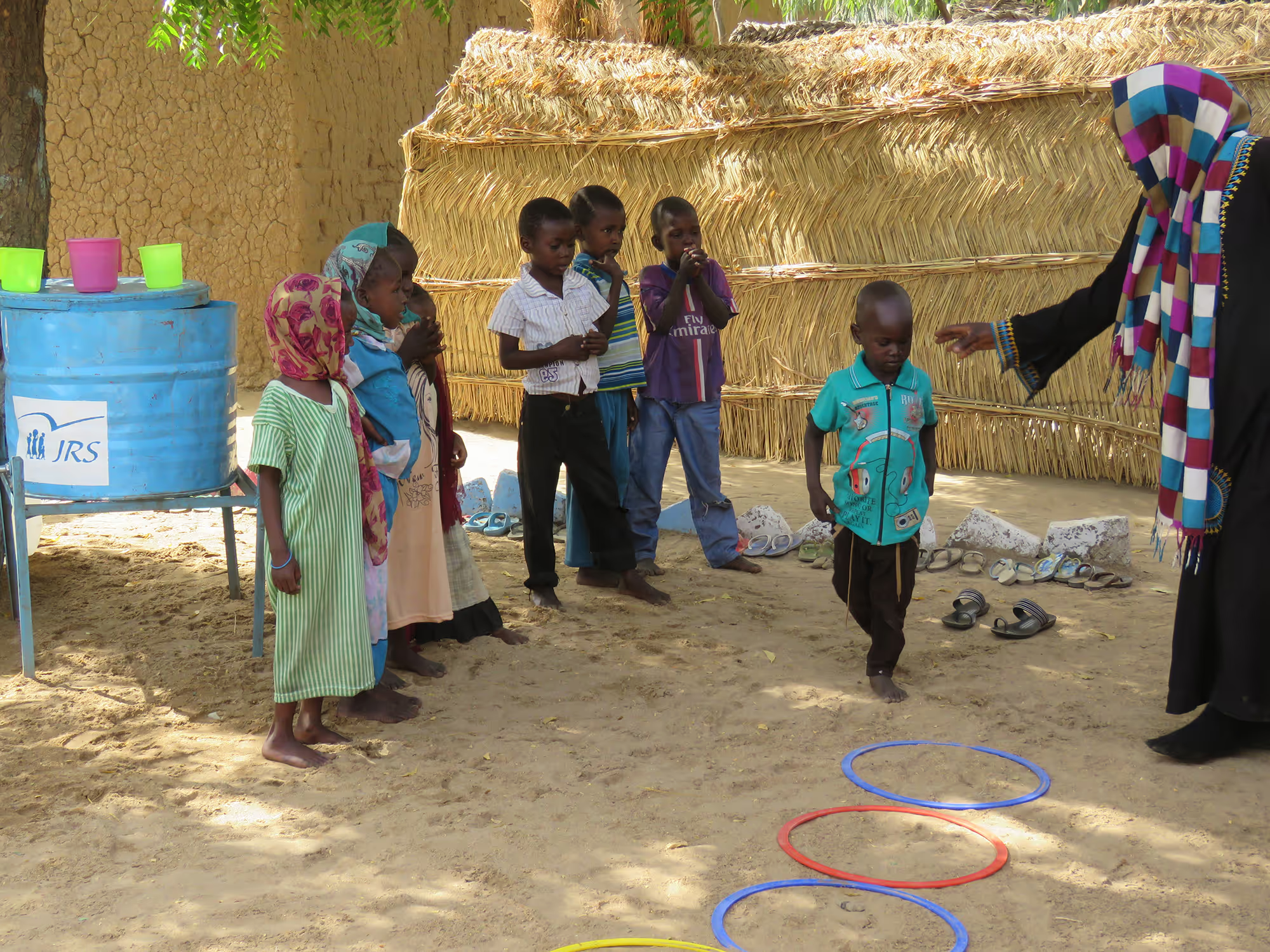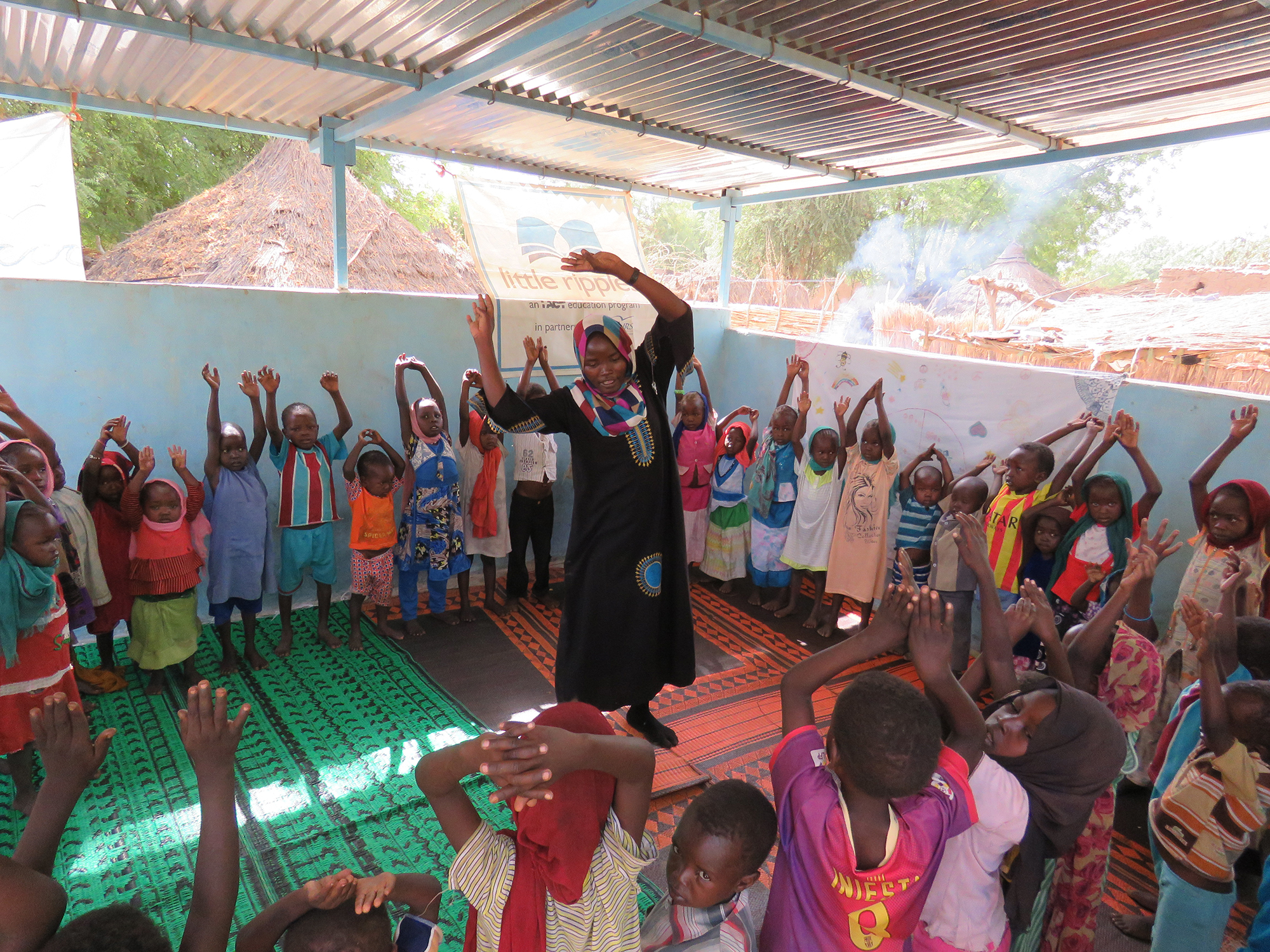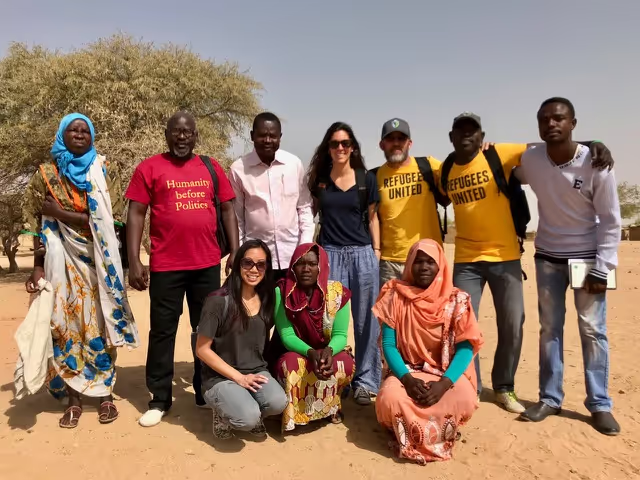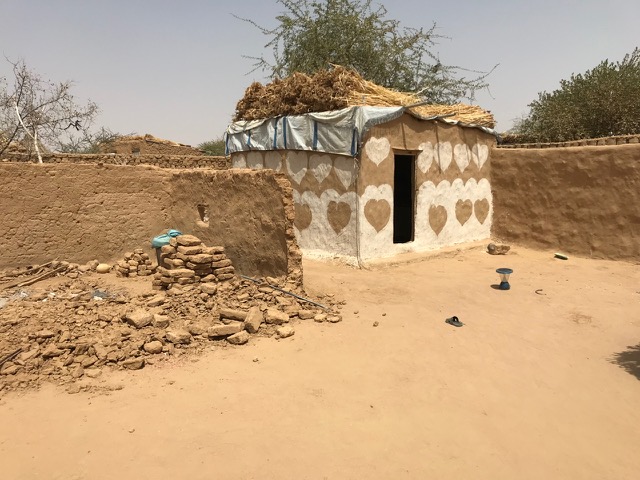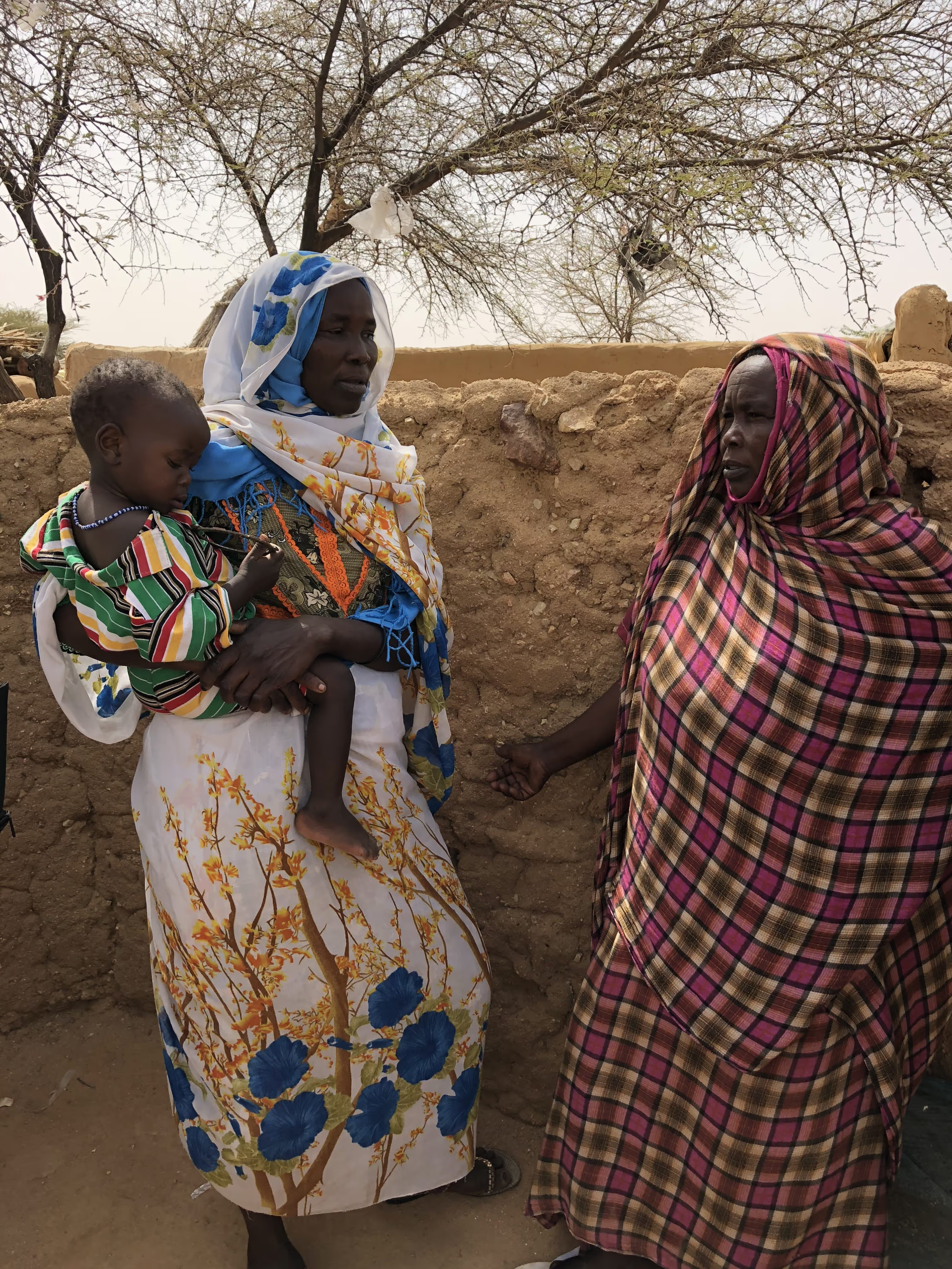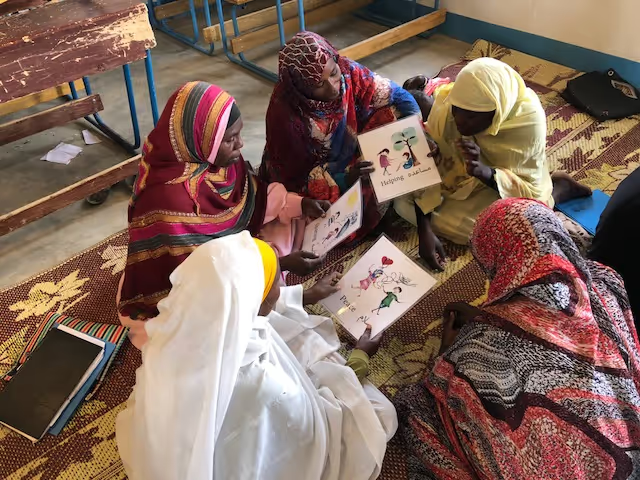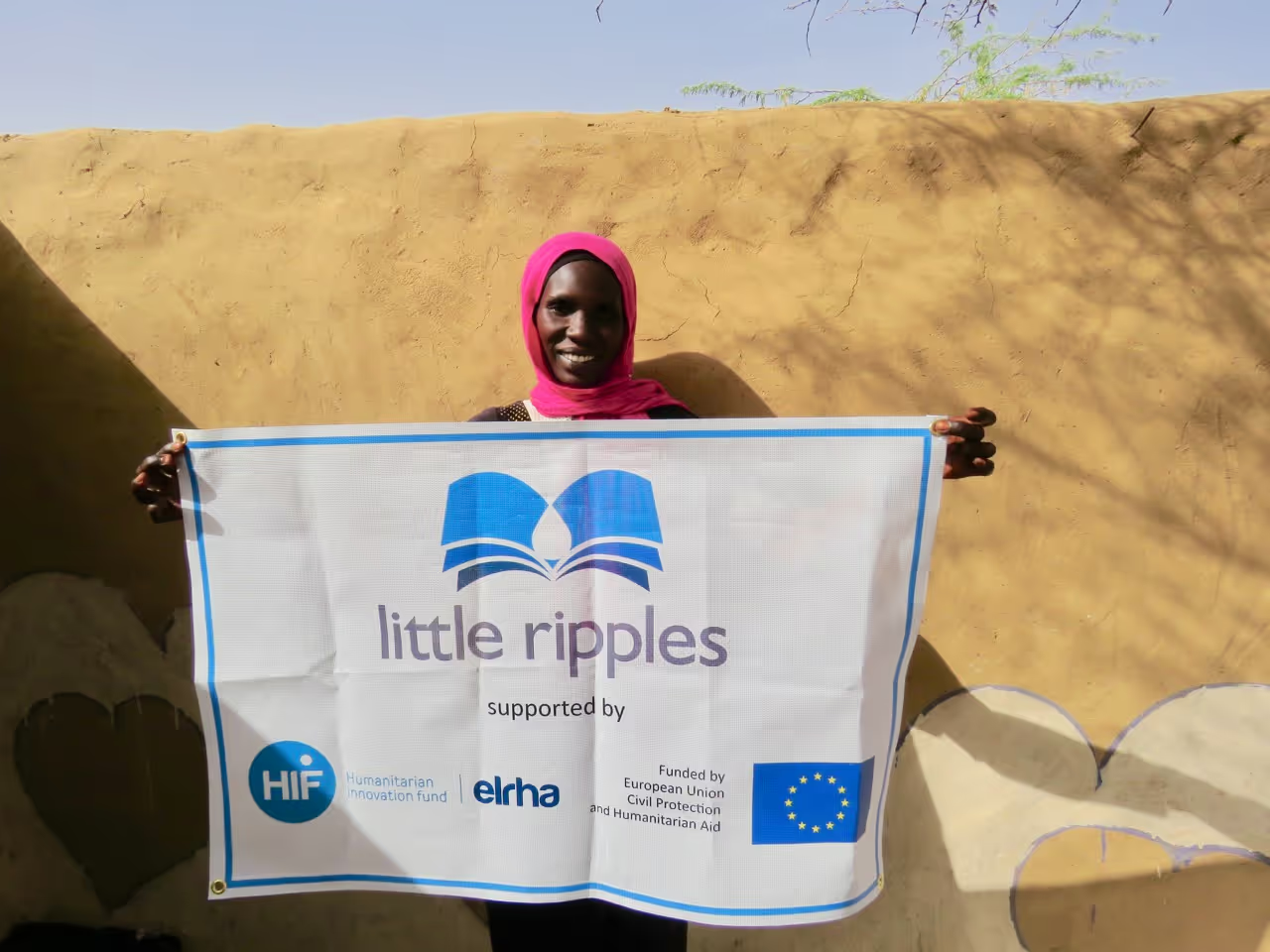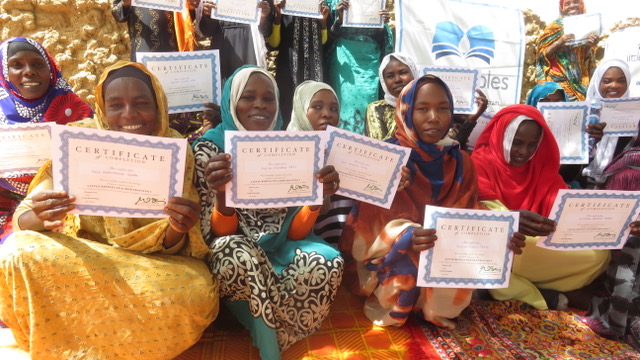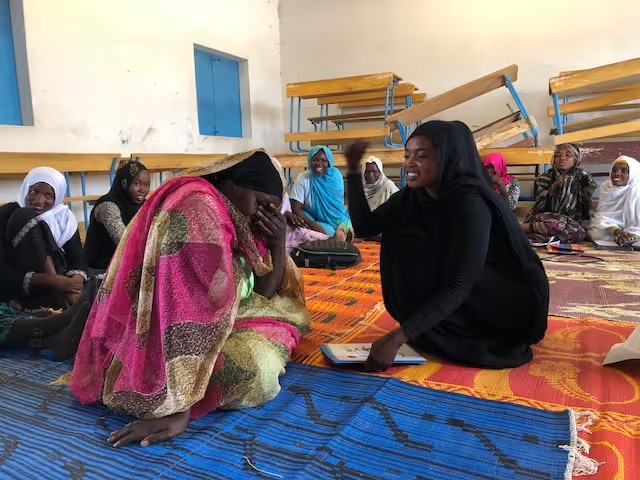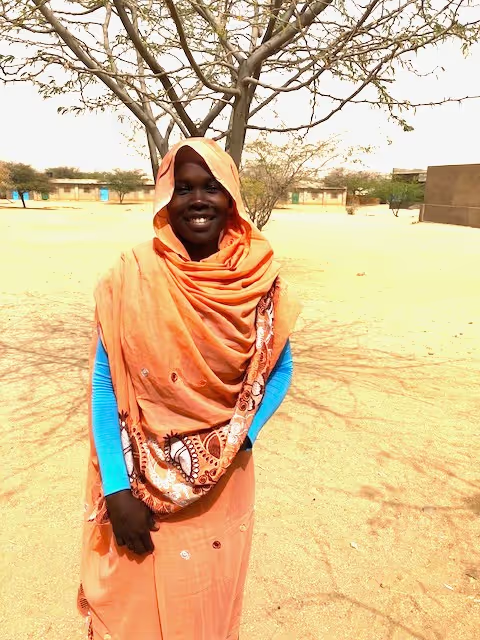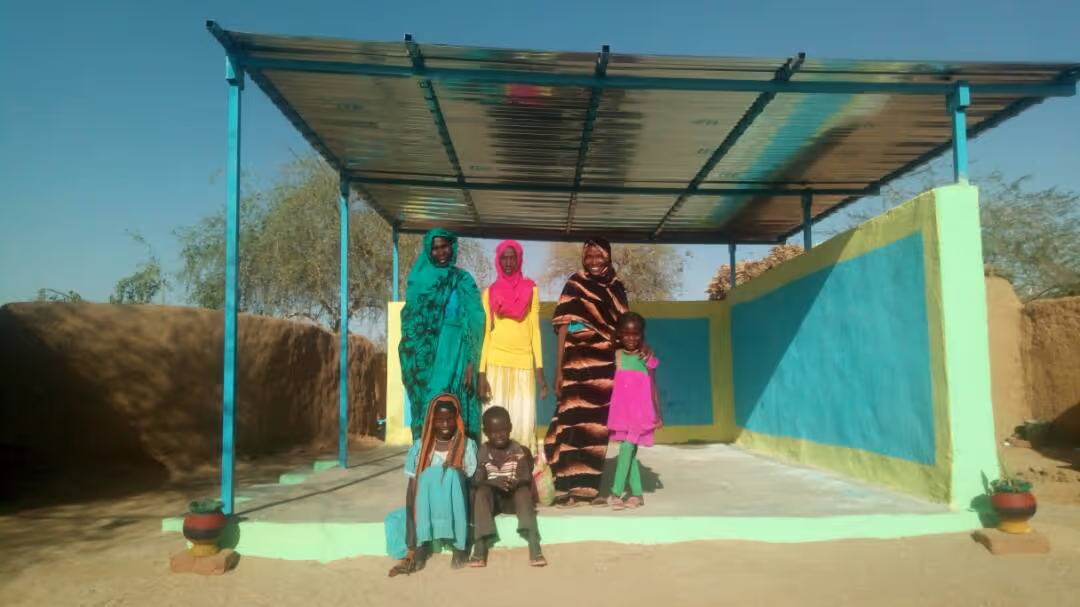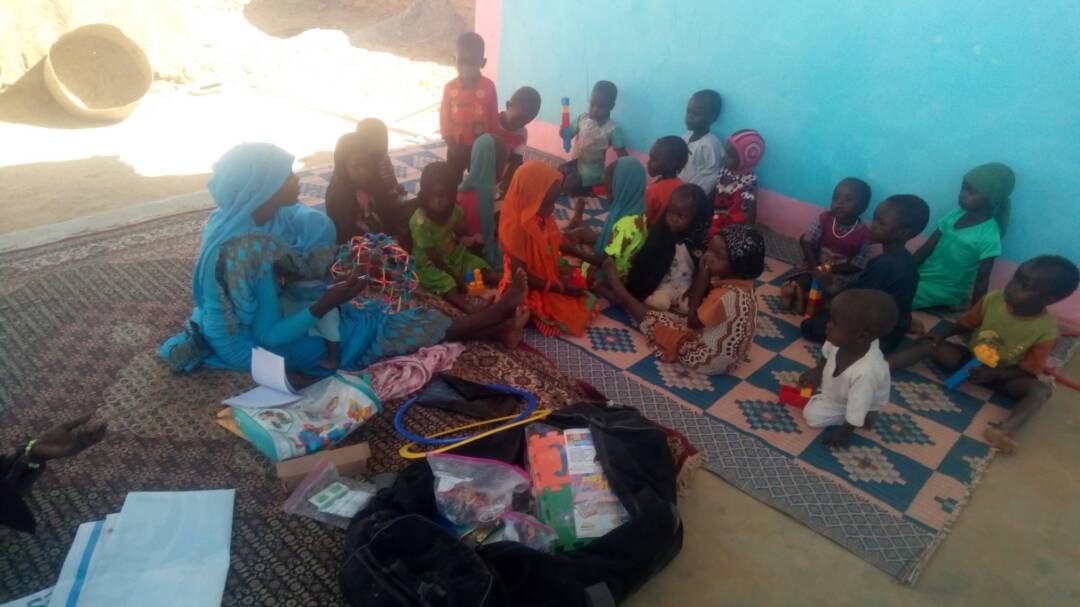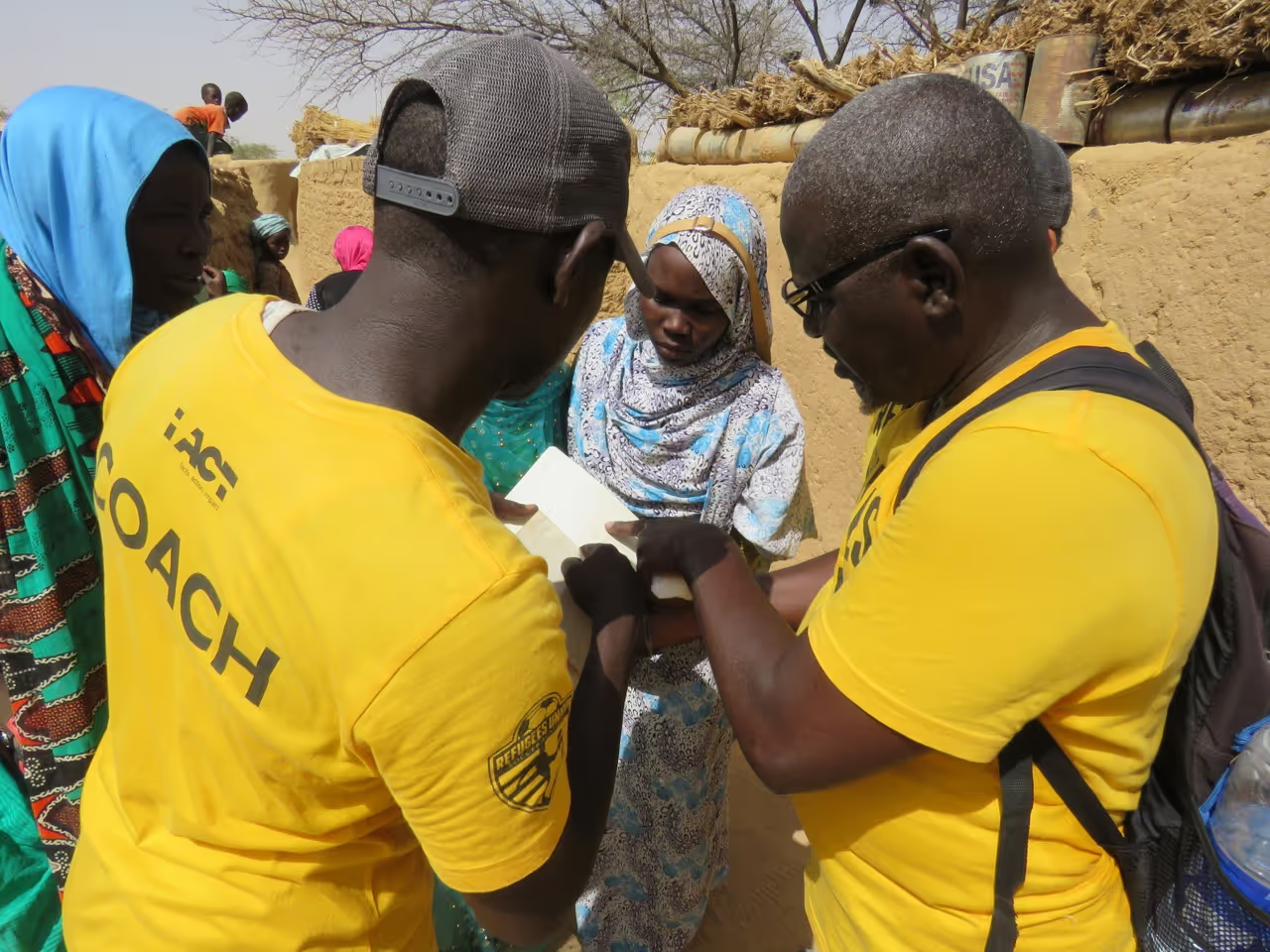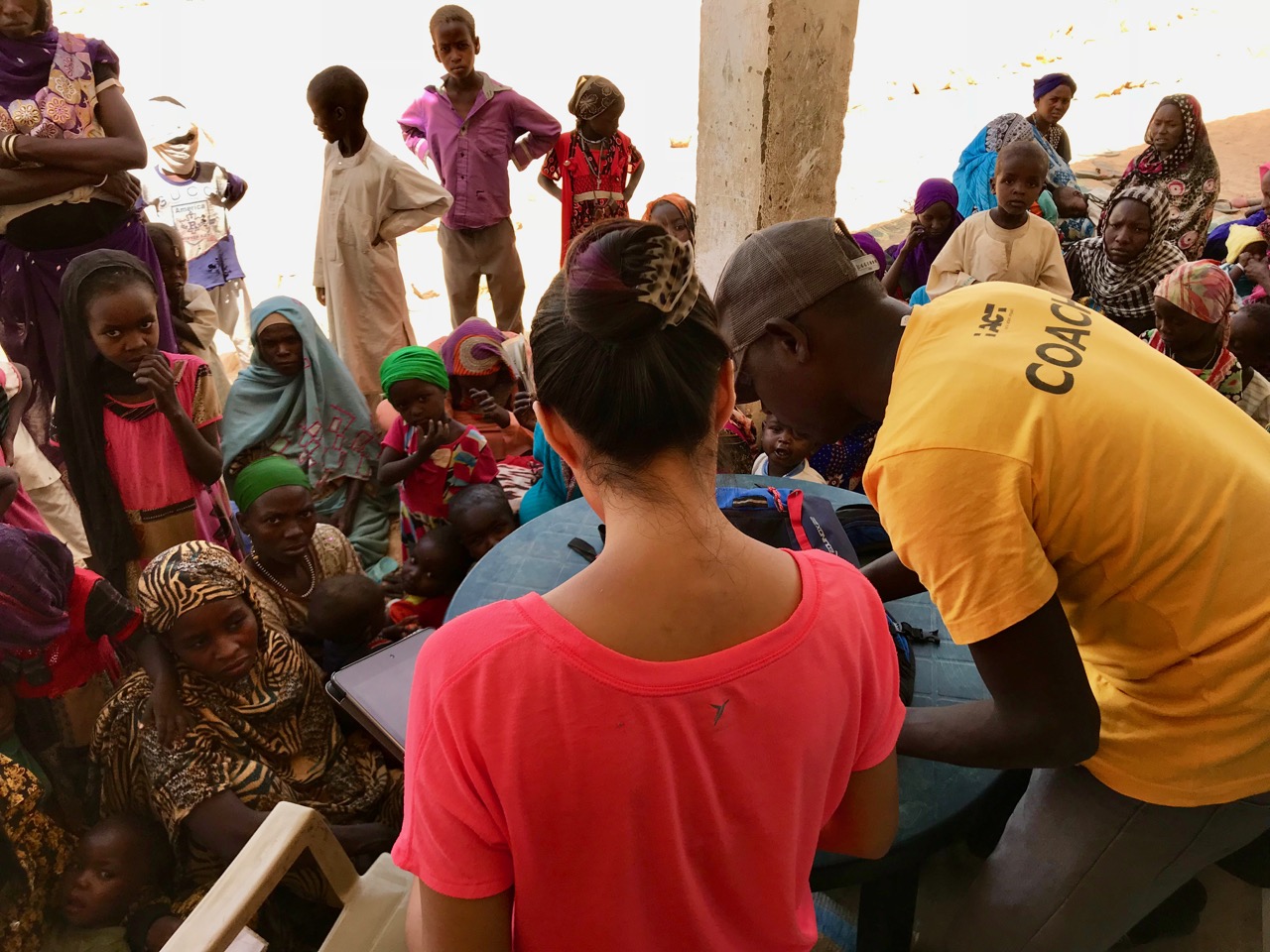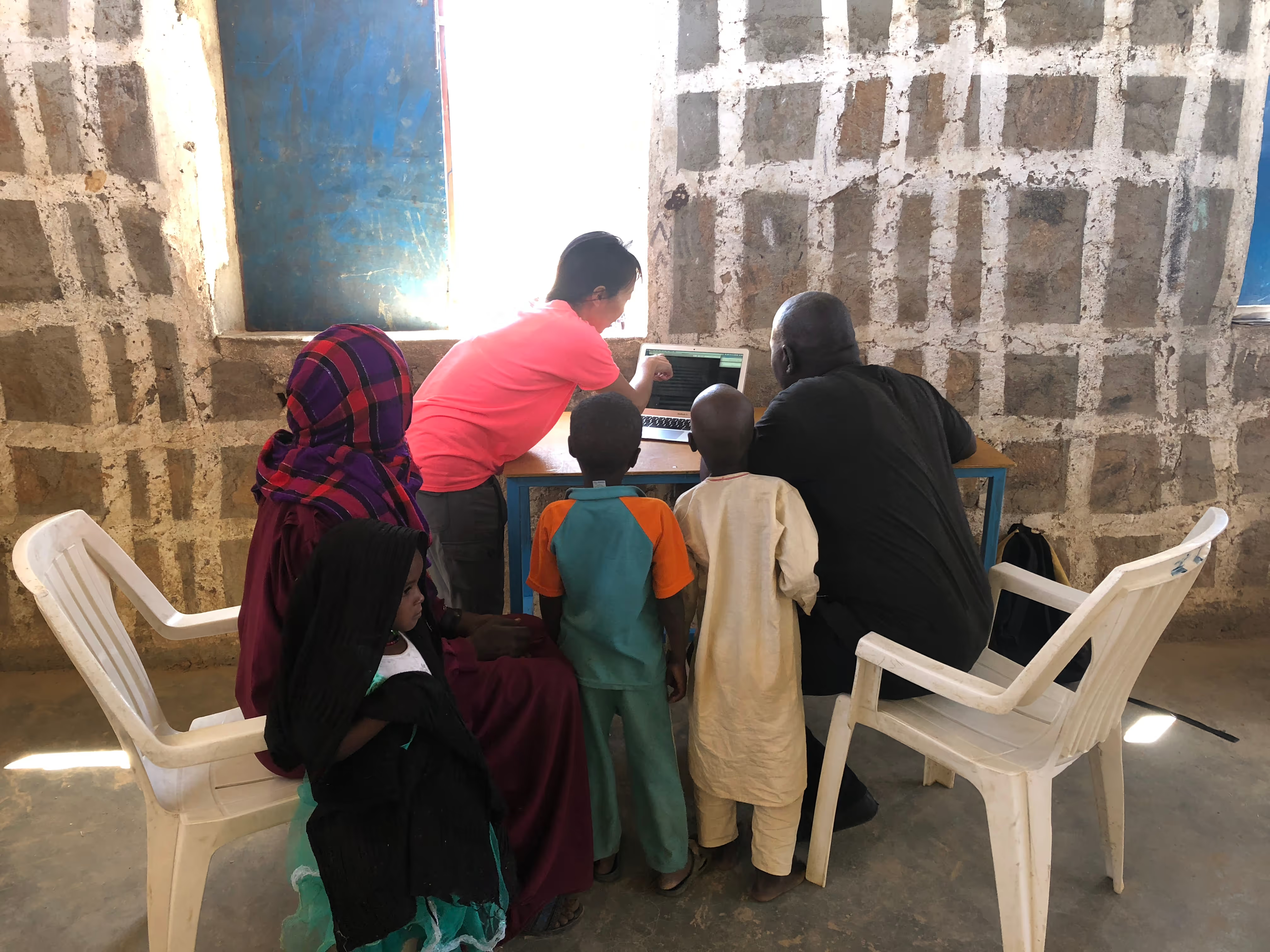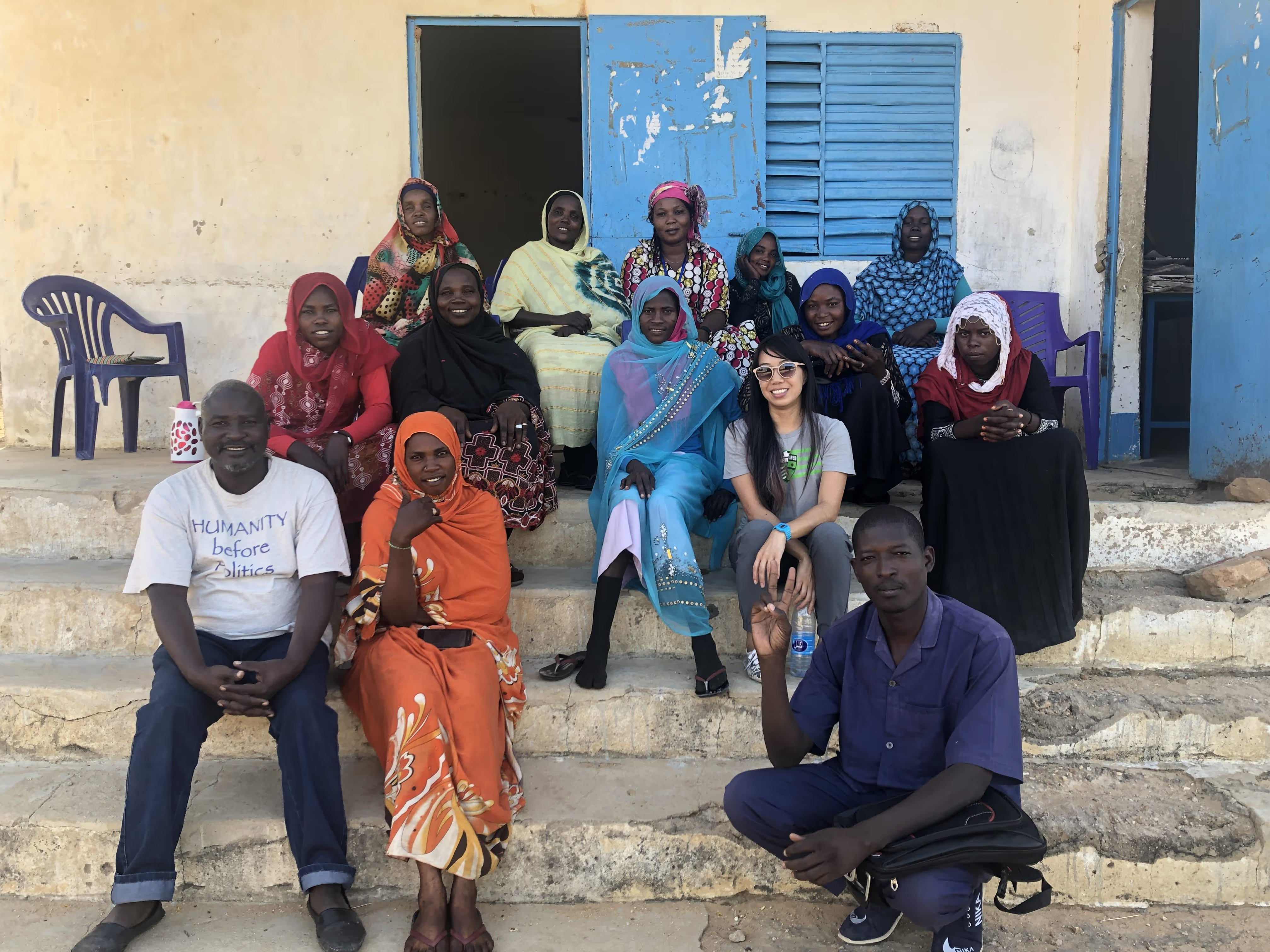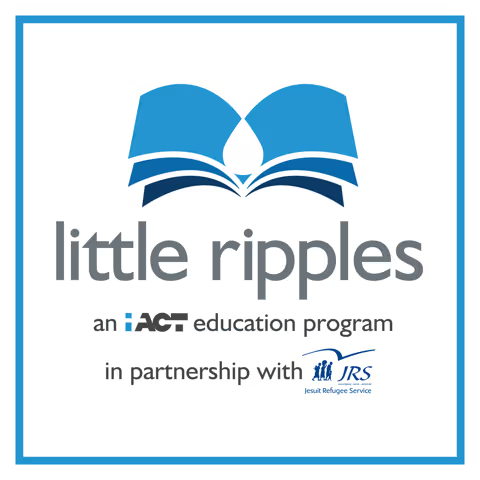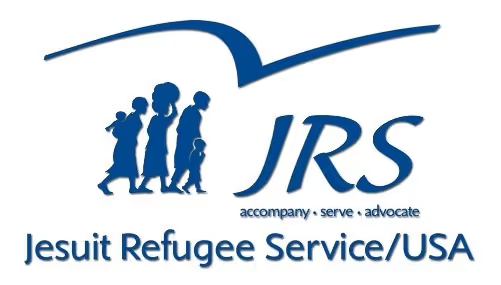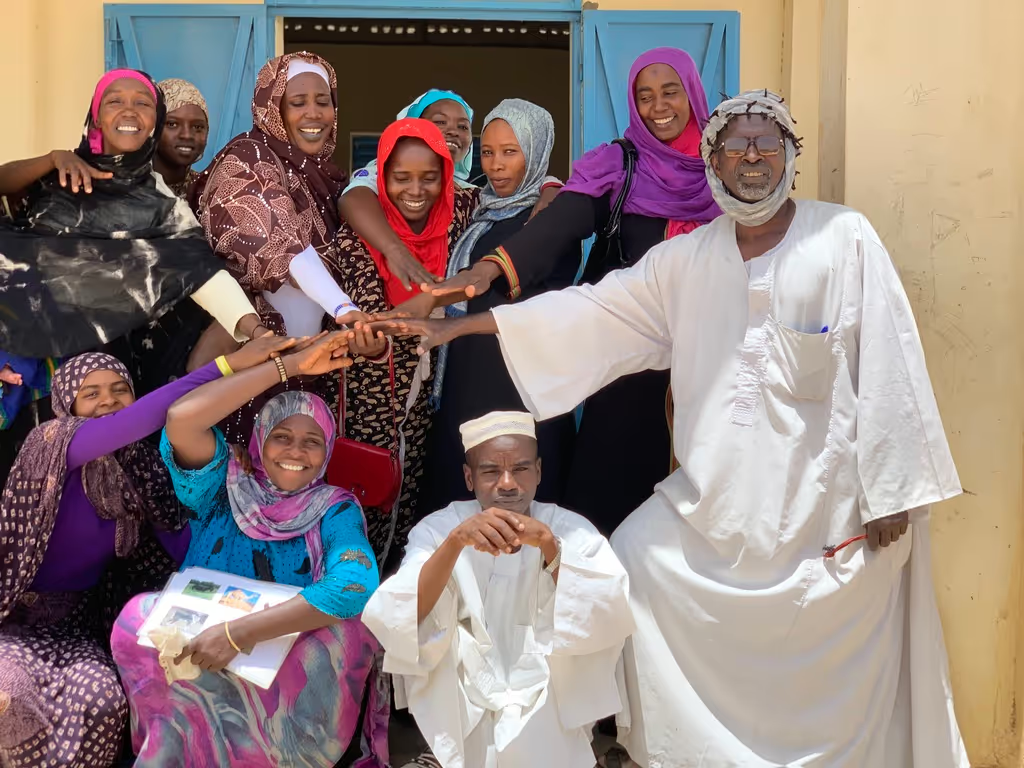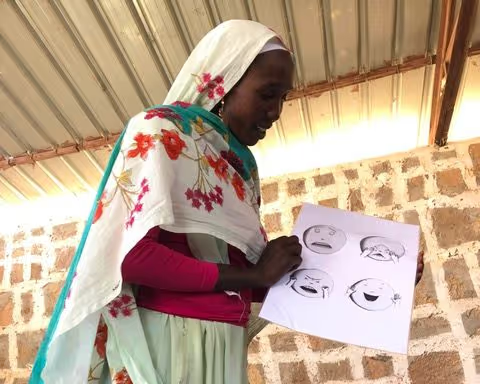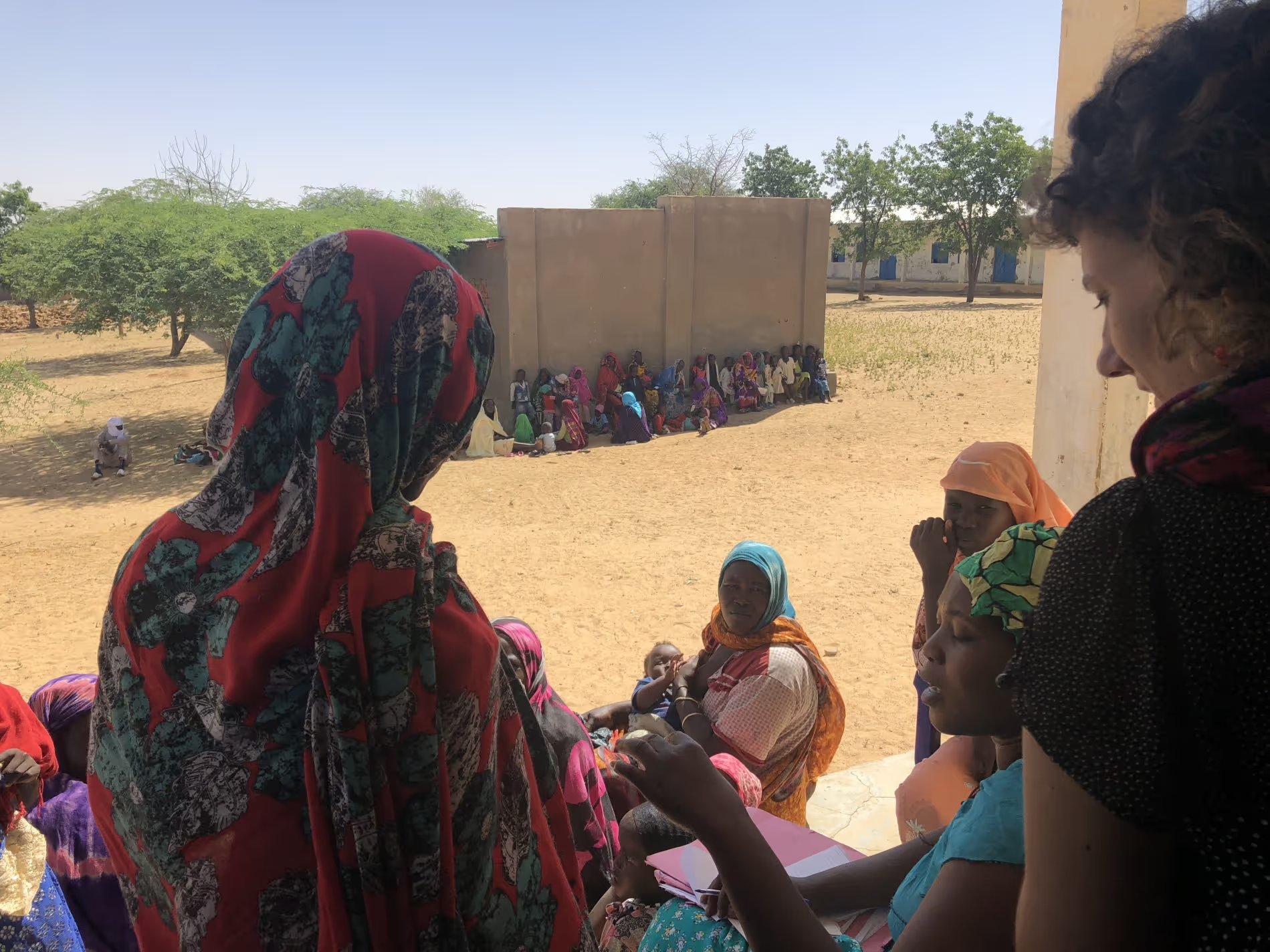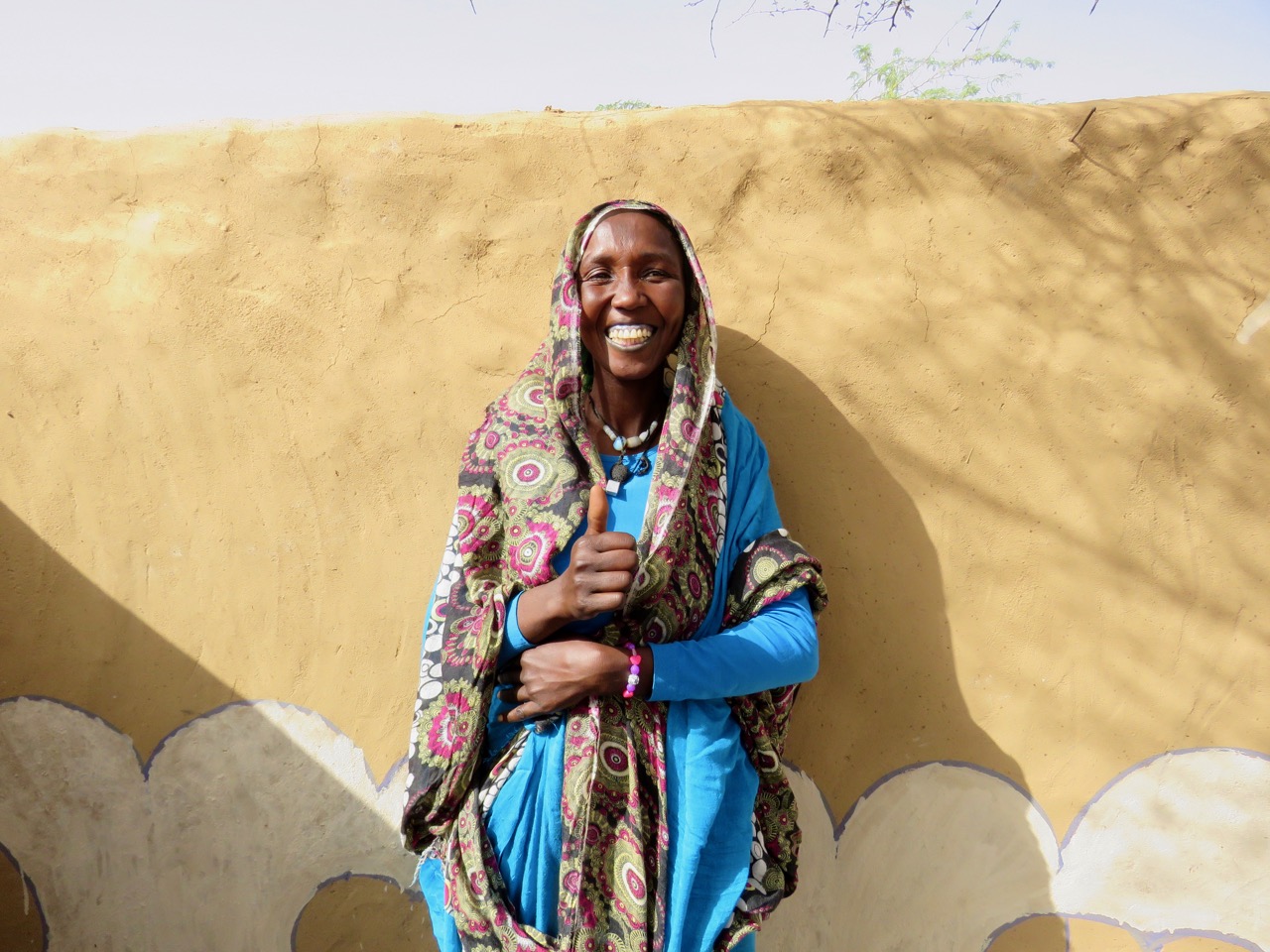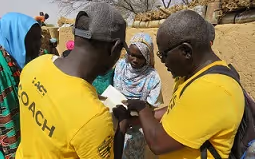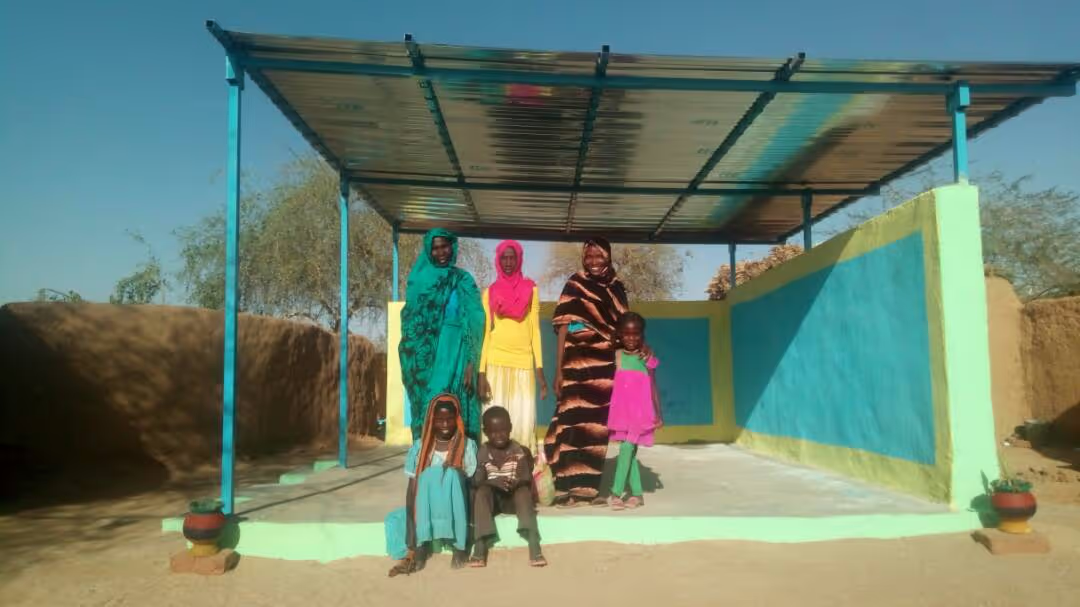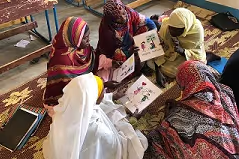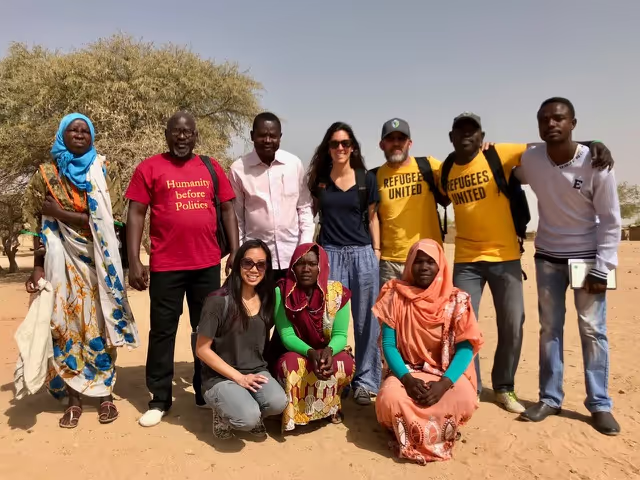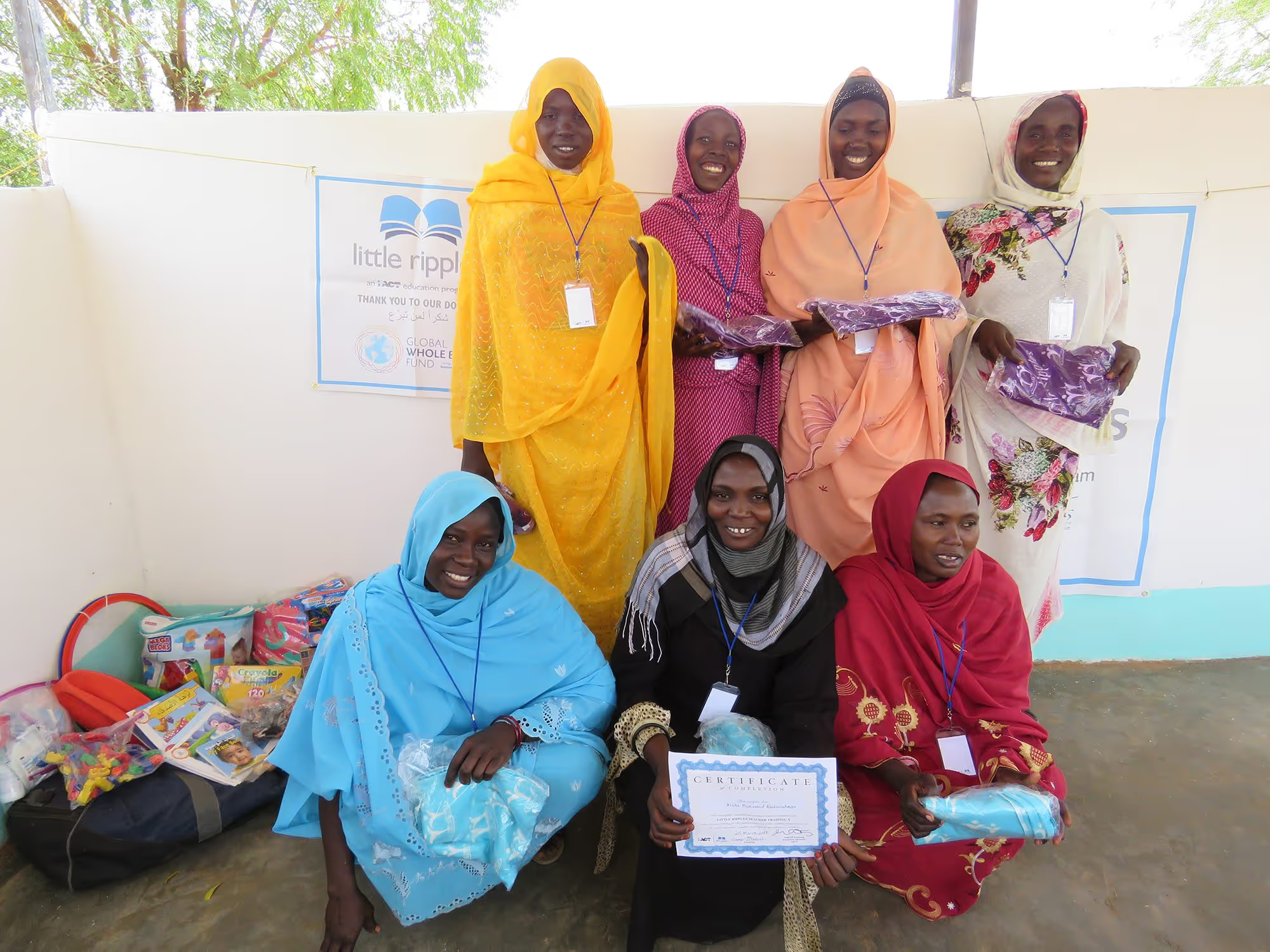Little Ripples refugee-led early childhood education
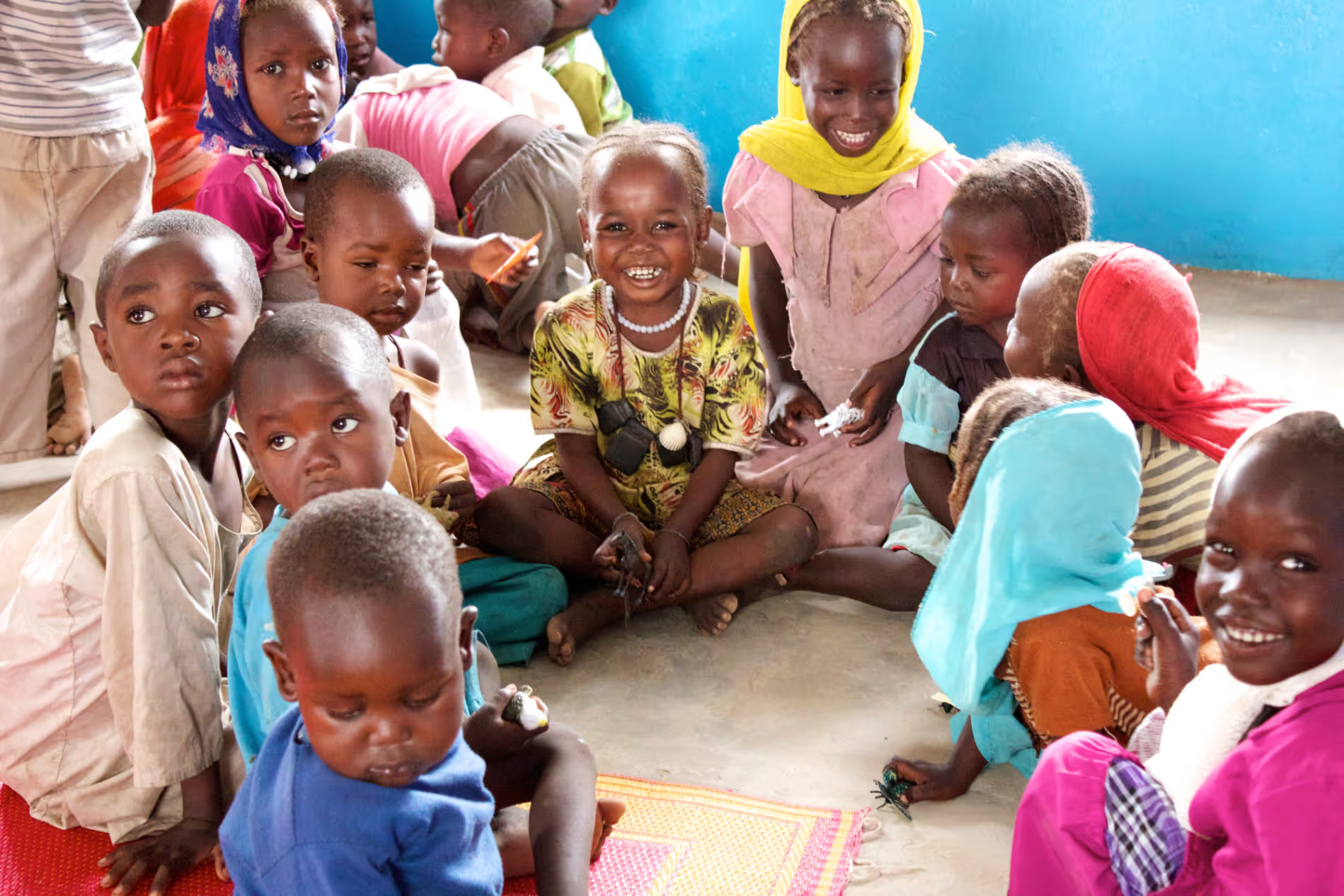
Project overview
Little Ripples is a cost-effective early childhood education programme that builds the capacity of refugee women to improve the social-emotional, cognitive, and physical development of children ages three to five through in-home, state-of-the-art, and customised education.
Countries
Chad
Organisations
Jesuit Refugee Service
Partners
iACT; University of Wisconsin Survey Center
Area of funding
Humanitarian Innovation
Grant amount
149863
Start date
10
January
2017
End date
10
November
2018
Project length (in months)
22.3
Funding calls
No items found.
Focus areas
No items found.
Topics
Emergency Education
Status
Closed
Project solution
This project offers [specific solution or intervention] to tackle [challenge]. By implementing [strategies, tools, or innovations], the project aims to achieve [desired outcomes]. The approach is designed to [specific actions or methods] to bring about meaningful change in [community, region, or issue area].
Expected outcomes
This project aims to achieve [specific outcomes], such as [measurable results, improvements, or changes]. The expected impact includes [benefits to the target community, advancements in research or innovation, or long-term effects]. By the end of the project, we anticipate [specific changes or milestones] that will contribute to [broader goals or objectives].
No items found.
What is the humanitarian need being addressed?
Fifty-one percent of the 65.6 million people displaced globally are children. The disruption of families and community structures as well as the acute shortage of resources deeply affect the physical and psychological well-being of all refugees, however young children ages three to five are especially affected. The future of these children will be shaped by their experiences in refugee camps or settlements, yet there are no sustained or prioritized innovative solutions for this vulnerable age group. Consequently, generations of children continue to be at risk of irreversible long-term damage as they fall behind in their educational development from the start.
What is the innovative solution?
Through a community-led approach and state-of-the-art curriculum, Little Ripples trains refugee women to provide quality early childhood education programming in their own communities. Unlike traditional education programs, Little Ripples is refugee-led, cost-effective, sustainable, and scalable:
- Capacity-building: Little Ripples trains and employs refugee women to co-create, implement, and manage early childhood education in their communities.
- Cost-effective: Little Ripples is uniquely hosted in the home spaces of refugees, eliminating costly and timely construction of schools and reducing distance of learning spaces from communities.
- State-of-the-art and flexible curriculum: The curriculum is pre-established by global experts in early childhood development and adapted to the beneficiaries’ culture and context by the refugees themselves. It is designed to improve the social-emotional, cognitive and physical development of refugee children.
What were the expected outcomes?
The expected outcomes of implementing Little Ripples Ponds in refugee camps Kounoungou and Mile, eastern Chad, included:
- Improve the social-emotional and physical development of refugee children.
- Train, build the capacity, and employ refugee women, with the potential to scale-up.
- Change the humanitarian refugee response from a top-down, one-size-fits-all model to customized, refugee-led programming focused on quality over quantity.
- Influence Education Ministries and humanitarian agencies, such as UNICEF, to adopt or integrate components of Little Ripples curriculum.
- Influence UNHCR policy, mandated programming, and budget to include early childhood education.

No items found.
Project delivery & updates
Stay up to date with the latest developments from this project. Here, you will find details on what has been delivered, resources created, and regular updates as the project progresses. Access key documents, reports, and other materials to see how the project is making an impact.
No resources/updates have been published yet for this project. Sign up for our newsletter to stay informed about upcoming publications and updates!
Join our Newsletter
